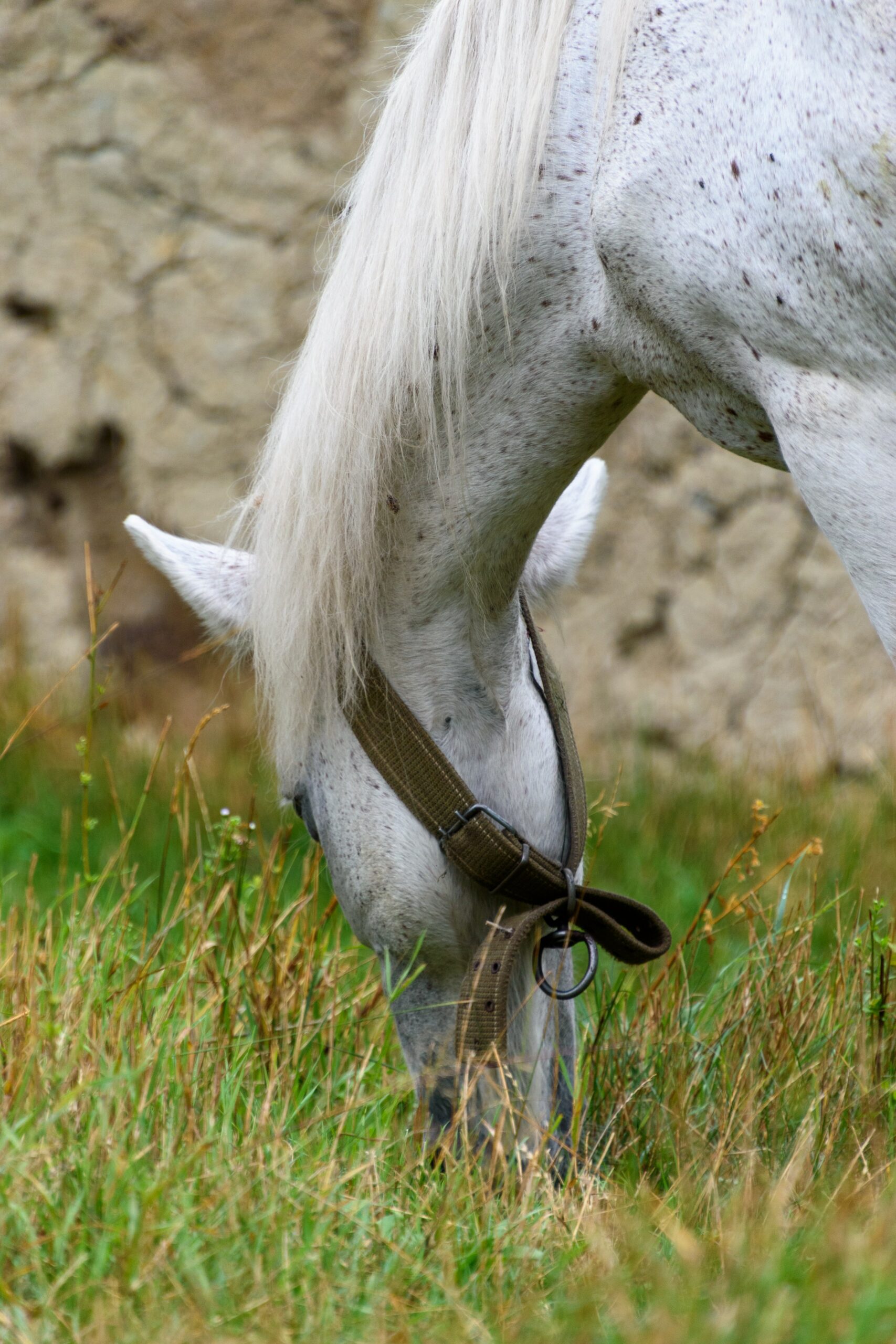Hey there! It’s your pal Jack here.
I know you love hearing about my wild and crazy adventures with my four-legged friends, and today’s no different.
I’ll never forget the time I had a colicky horse on my hands.
Talk about a nightmare! For those of you who don’t know, colic is basically abdominal pain in horses, and it can range from mild discomfort to life-threatening. As a horse owner, it’s something you always have to be on the lookout for.
But what causes colic in horses? Well, that’s what we’re here to talk about today. Buckle up, because this is gonna be a wild ride.
Table of Contents
The Number One Cause of Colic: Poor Diet
You might be surprised to learn that the number one cause of colic in horses is actually diet-related. Horses are herbivores, which means they’re designed to graze on grass and other plants.
However, many horses these days are fed a diet of grains and other processed feed, which can lead to all sorts of digestive issues.
Horses’ digestive systems are delicate, and they need a consistent supply of roughage (like hay or pasture) to keep things moving along smoothly.
Without enough roughage, their guts can become sluggish, leading to colic.
Other Common Causes of Colic
While poor diet is the most common cause of colic, it’s not the only one. Other possible causes include:
- Lack of water: Horses need access to clean, fresh water at all times. Dehydration can lead to colic.
- Parasites: Internal parasites, like worms, can cause colic.
- Stress: Just like humans, horses can get stressed out, and this can lead to digestive issues.
- Changes in routine: Horses are creatures of habit, and sudden changes in their routine (like a change in feed or environment) can lead to colic.
How to Prevent Colic
So, now that you know what can cause colic, how can you prevent it? Here are a few tips:
- Provide your horse with plenty of roughage: Make sure they have access to hay or pasture at all times.
- Keep their water clean and fresh: Check and refill their water bucket at least twice a day.
- Regularly deworm your horse: Follow a schedule recommended by your veterinarian.
- Try to minimize stress: Keep their environment as consistent as possible, and avoid sudden changes.
- Consult with your vet: They can help you come up with a feeding and care plan that’s tailored to your horse’s individual needs.
FAQs
Can colic be treated?
Yes, colic can be treated, but it’s important to act fast. Mild cases may be resolved with changes to the horse’s diet and environment, but more severe cases may require medical intervention.
If you suspect your horse is experiencing colic, contact your veterinarian right away.
Is colic always serious?
Colic can range from mild to severe. In some cases, it may resolve on its own or with simple treatment, but in more severe cases, it can be life-threatening.
It’s always important to monitor your horse for signs of colic and to seek veterinary care if necessary.
Colicky Chronicles: The Top Cause of Horse Misery
So there you have it, folks! The number one cause of colic in horses is poor diet, but there are other factors to consider as well.
As always, it’s important to pay attention to your horse’s health and to consult with a veterinarian if you have any concerns.
But let’s be real, the best way to avoid colic is to just avoid horses altogether, right? Kidding, kidding. I couldn’t live without my equine pals.
They may give me a headache every now and then, but they’re worth it.
Until next time, keep on truckin’ and remember: a happy horse means a happy owner. Or at least, that’s what I’m told.
